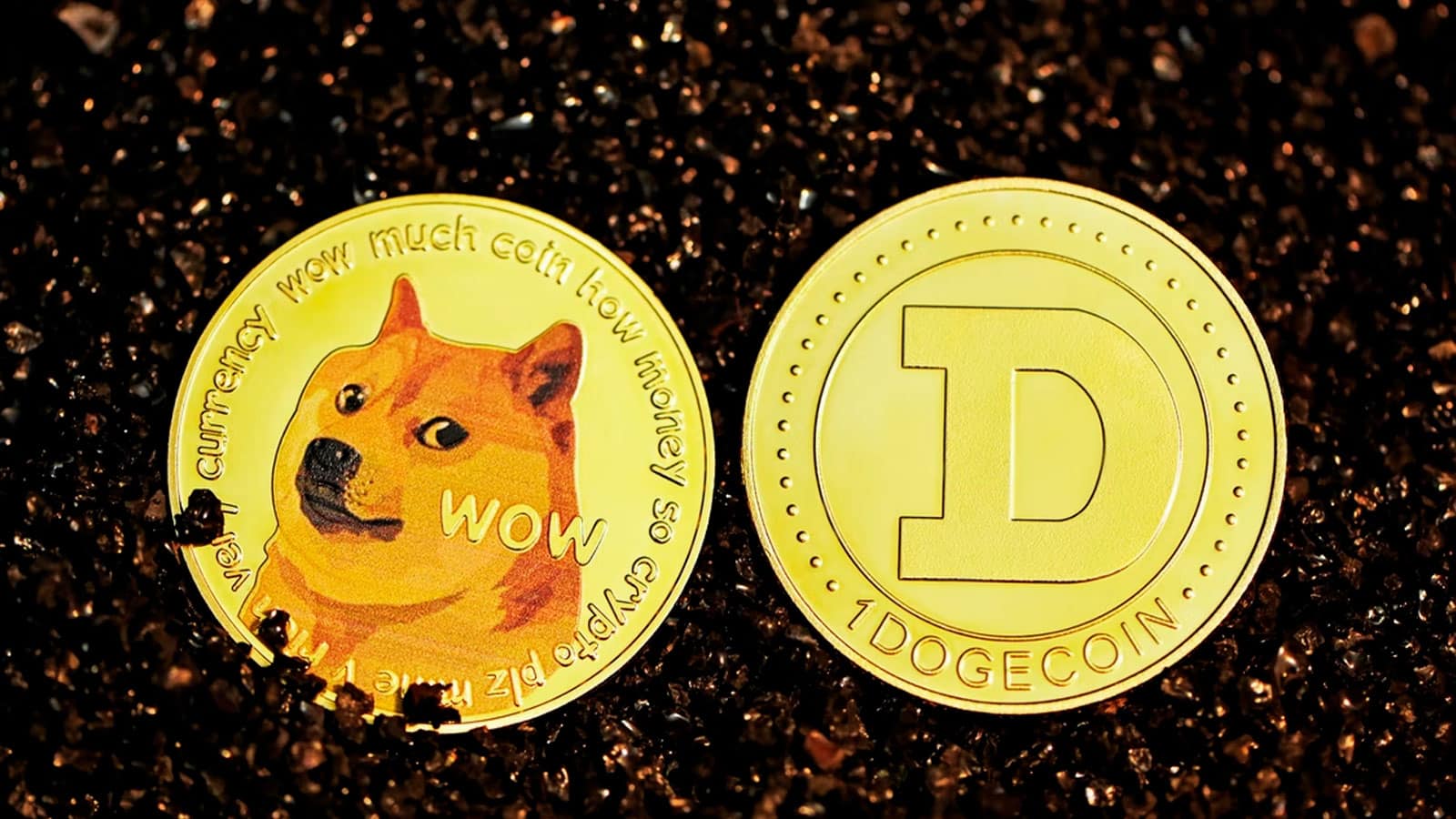Definition and Overview
The term “doge dog died” is a phrase that has been used online since 2013 to express feelings of sadness or disappointment. It is often used in response to bad news or unexpected events.
The term is a reference to the Doge meme, which features a picture of a Shiba Inu dog with a caption in broken English. The meme became popular in 2013 and has since been used to express a variety of emotions, including sadness, disappointment, and joy.
Examples of Usage
- I can’t believe my favorite show got canceled. Doge dog died.
- I lost my job today. Doge dog died.
- I’m so happy to see my friends again. Doge dog died.
Historical Context
The “doge dog died” meme originated in 2013 when a picture of a Shiba Inu dog named Kabosu was posted on the Japanese blog “Shiba Confessions.” The image, captioned “Doge,” quickly became popular on social media, and people began using it to create humorous memes.
Spread of the Meme
The “doge dog died” meme spread rapidly across different platforms and communities. It was particularly popular on Reddit, where it was used in a variety of subreddits, including r/funny, r/adviceanimals, and r/aww.
The meme also gained popularity on other social media platforms, such as Twitter, Facebook, and Instagram. It was often used to express sadness or disappointment, and it became a way for people to connect with others who were feeling the same way.
Cultural Impact

The “doge dog died” meme has had a significant impact on popular culture, influencing language, humor, and internet culture.
Influence on Language
The meme has popularized the use of “doge” as a slang term for “dog” and has also led to the creation of new words and phrases, such as “shibe” (a type of dog) and “wow” (a common expression used by doge). The meme has also influenced the way people communicate online, with many users adopting the doge-speak style of writing, which involves using broken English and misspellings.
Influence on Humor
The “doge dog died” meme has become a popular source of humor, with many users creating their own variations of the meme. The meme has also been used to create parodies of other popular memes and internet trends. The meme’s humor often revolves around the juxtaposition of the doge’s innocent and naive appearance with the dark and often morbid content of the captions.
Influence on Internet Culture
The “doge dog died” meme has become a staple of internet culture, with many users sharing and discussing the meme on social media and other online platforms. The meme has also been used to create a variety of merchandise, such as t-shirts, mugs, and plush toys.
4. Variations and Adaptations: Doge Dog Died

The “doge dog died” meme has spawned numerous variations and adaptations, each contributing to its longevity and popularity.
Visual Adaptations
The original image of Doge has been repurposed in countless ways, from humorous to poignant. Artists have created fan art, comics, and even sculptures featuring the iconic Shiba Inu. These visual adaptations have helped keep the meme fresh and relevant, ensuring its continued presence in popular culture.
Textual Adaptations
The “doge dog died” meme has also been adapted into a variety of textual formats, including poems, short stories, and even a novel. These adaptations have allowed the meme to reach a wider audience, including those who may not be familiar with its origins. By translating the meme’s core message into different mediums, these textual adaptations have helped to extend its lifespan and broaden its appeal.
Cultural Adaptations
The “doge dog died” meme has also been adopted by different cultures around the world. In some countries, it has been used to express sympathy or solidarity, while in others it has been used to satirize or criticize social issues. These cultural adaptations have helped to make the meme a truly global phenomenon, resonating with people from all walks of life.
5. Social and Emotional Impact
The “doge dog died” meme has had a significant social and emotional impact, resonating with people around the world. It has been used to express a wide range of emotions, including grief, humor, and empathy.
Expressing Grief
For many people, the meme has become a way to express grief and loss. The image of the sad dog, often accompanied by the caption “doge dog died,” has become a symbol of sadness and heartbreak. People have used the meme to share their feelings about the death of loved ones, pets, and even celebrities.
Finding Humor in Sadness, Doge dog died
Despite its association with grief, the “doge dog died” meme has also been used to find humor in sadness. The juxtaposition of the sad dog’s image with humorous captions has created a unique and relatable way to cope with difficult emotions. People have used the meme to make light of their own sadness or to find solace in the shared experience of loss.
Building Community
The “doge dog died” meme has also helped to build a sense of community among people who have experienced loss. The shared experience of grief has brought people together, creating a space where they can support and comfort each other.
Visual and Artistic Representation
The “doge dog died” meme has been widely represented in various visual and artistic forms, including illustrations, paintings, sculptures, and even street art. These representations have significantly influenced its meaning and perception, adding layers of interpretation and emotional resonance.
Artistic Interpretations
- Many artists have created poignant and thought-provoking interpretations of the meme, capturing the essence of loss and grief. These artworks often depict the doge as a vulnerable and sympathetic figure, evoking a sense of empathy and compassion in viewers.
- Other artists have taken a more humorous approach, using the doge’s image to create satirical or ironic commentaries on contemporary society and culture. These interpretations highlight the meme’s versatility and ability to transcend its original context.
